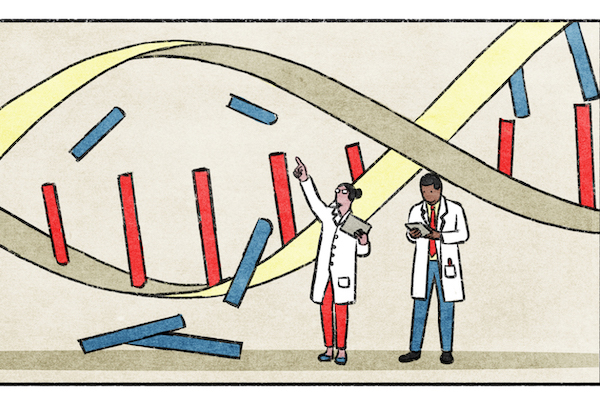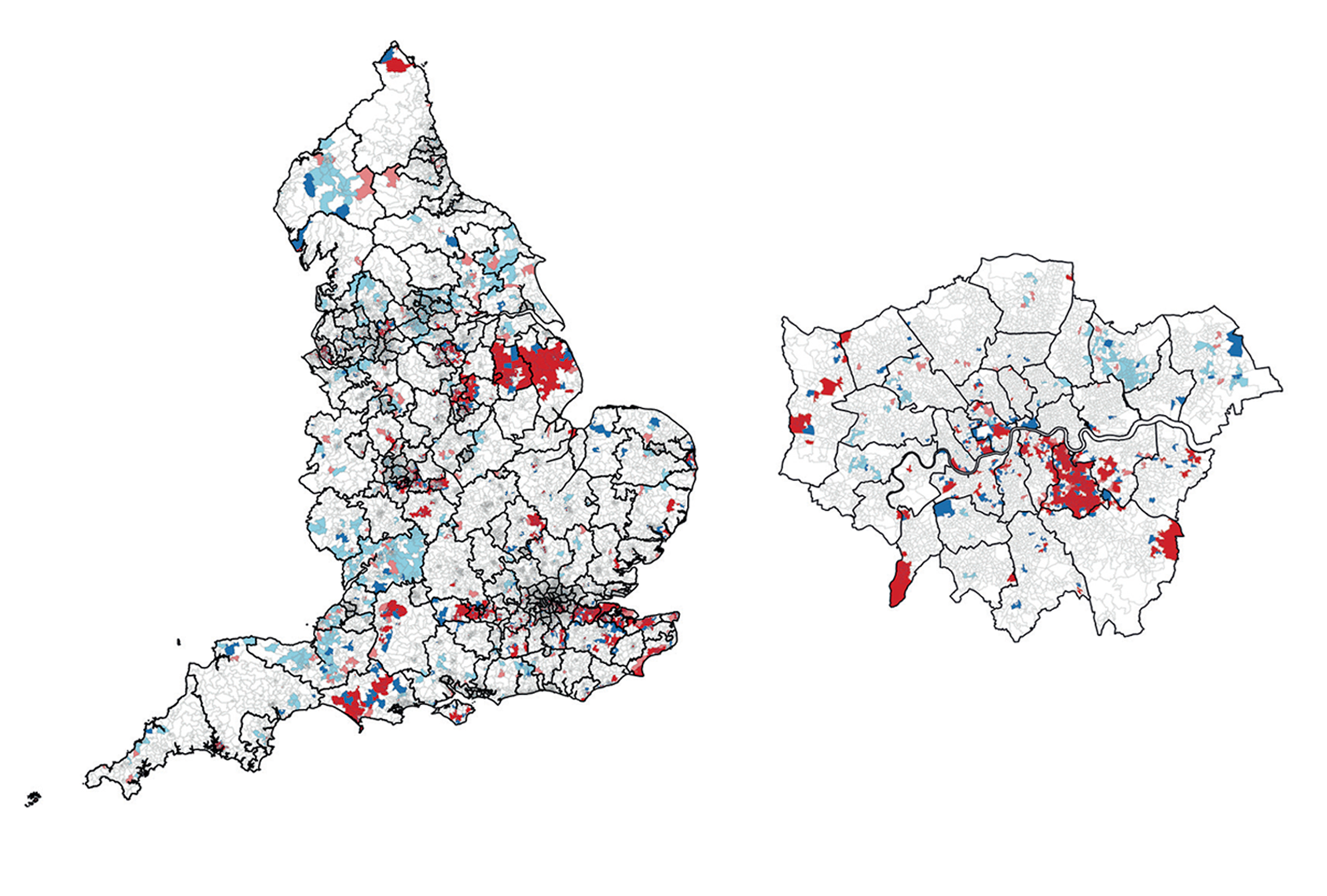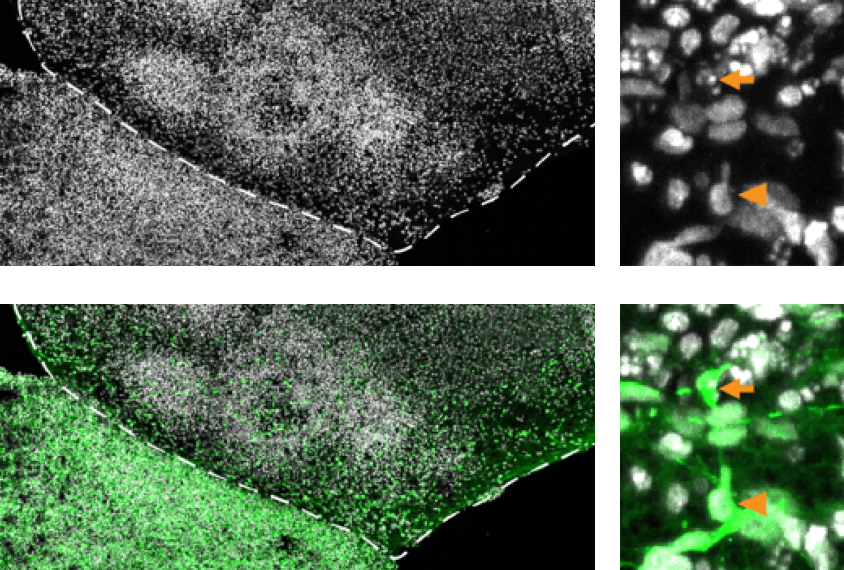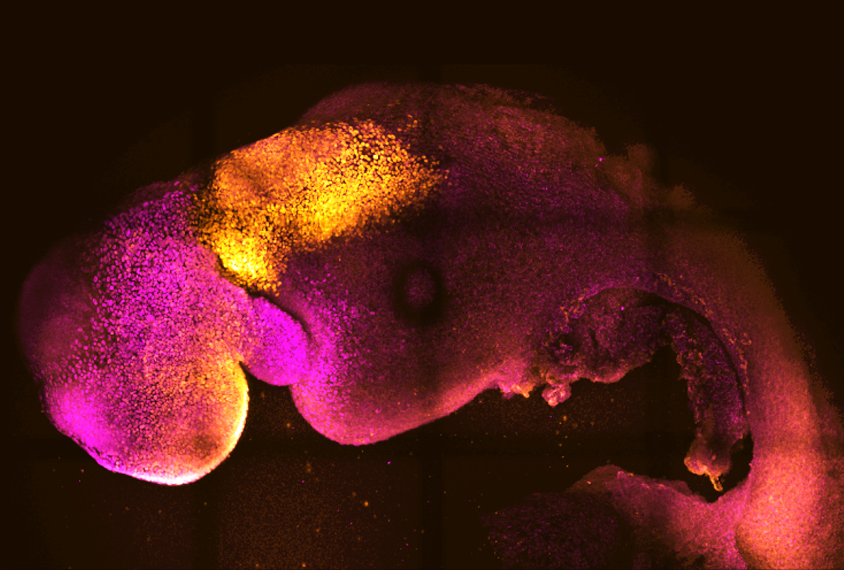Isabel Ruehl is a former editorial intern at Spectrum. She recently graduated from Columbia Journalism School and, before that, earned an M.Phil. in Health, Medicine and Society from Cambridge University in the United Kingdom.

Isabel Ruehl
Former news intern
Spectrum
From this contributor
‘Science working as it should’: Autism blood signature study earns open post-publication review
Shortly after the study’s publication, experts critiqued it on PubPeer and other online platforms.

‘Science working as it should’: Autism blood signature study earns open post-publication review
Whole-genome trove ties new genes, variants to autism
A massive update to the MSSNG dataset gives qualified researchers ready access to explore autism’s genetic architecture on a cloud-based platform.

Whole-genome trove ties new genes, variants to autism
Autism incidence in England varies by ethnicity, class, location
High rates of autism are linked to lower socioeconomic status and minority ethnic groups, according to the largest-ever autism incidence study.

Autism incidence in England varies by ethnicity, class, location
‘Assembloids’ lay bare autism-linked genes that hamper neuron development
The model enables the study of autism-linked genes at the earliest stages of neural development.

‘Assembloids’ lay bare autism-linked genes that hamper neuron development
Lab-grown ‘embryoids’ offer new window into gene-trait relationships
The developmental models have advantages over natural embryos and other synthetic models, such as organoids, but present technical and ethical challenges.

Lab-grown ‘embryoids’ offer new window into gene-trait relationships
Explore more from The Transmitter
Neuro’s ark: Spying on the secret sensory world of ticks
Carola Städele, a self-proclaimed “tick magnet,” studies the arachnids’ sensory neurobiology—in other words, how these tiny parasites zero in on their next meal.

Neuro’s ark: Spying on the secret sensory world of ticks
Carola Städele, a self-proclaimed “tick magnet,” studies the arachnids’ sensory neurobiology—in other words, how these tiny parasites zero in on their next meal.
Autism in old age, and more
Here is a roundup of autism-related news and research spotted around the web for the week of 2 March.

Autism in old age, and more
Here is a roundup of autism-related news and research spotted around the web for the week of 2 March.
Lack of reviewers threatens robustness of neuroscience literature
Simple math suggests that small groups of scientists can significantly bias peer review.

Lack of reviewers threatens robustness of neuroscience literature
Simple math suggests that small groups of scientists can significantly bias peer review.